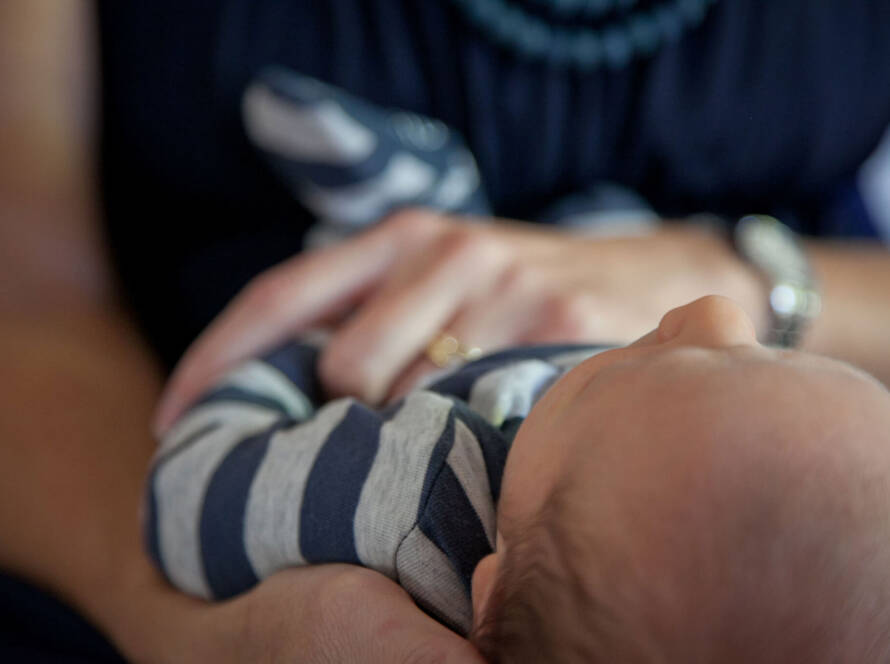Fear -> Tension -> Pain
Does labour have to be painful?
Why is it, that when a woman announces she is pregnant, everyone and their sister starts to regale her with tales of the horror and pain of their own birth or their friend’s birth or their neighbour’s birth?!
Becoming a parent is such a life-changing experience, a transformative process that is not only the birth of a baby but the birth of a mother. Birth is a normal physiological process that women are biologically designed for and they should be looking forward to labour with excitement as they get ready to meet their baby, not seeing labour as something that has to be endured. Physically, it may last a few hours or a few days, but as a memory, it will stay with a mother for the rest of her life. It should not be a memory of guilt, disappointment or trauma.

If you look behind most parent’s thoughts and feelings about their upcoming birth, though, there’s usually fear, of the unknown, that it will be painful, that they will ‘end up’ having a caesarean. Unfortunately, fear plays a major role in a vicious cycle. Feeling afraid affects the ‘fight or flight’ response, preparing our bodies to either fight or run away. Muscles are tensed in readiness and when muscles are in this state, pain is felt more intensely. Consequently, we feel more afraid, and the fear-tension-pain cycle, as described by Grantly Dick-Reed, continues.
Break the Cycle
How can women break this cycle? Well, for a start we can start by thinking about and changing the words that we use. What is likely to happen when a first-time expectant mother starts to hear stories about long labours, failed inductions and pain? She starts to associate giving birth with pain and the fear builds. Even talking about pain relief pre-supposes that there’s pain in labour that needs to be relieved. However, it’s not just mind over matter. Birth is a brilliantly designed hormonal dance. Oxytocin (the hormone of love) orchestrates labour and as labour progresses, the body releases endorphins, its natural pain-relievers. But oxytocin is affected by the release of stress hormones like adrenaline. Introduce fear and the entire hormonal dance can come to a halt. This can lead to ‘failure to progress’, more fear, more tension, interventions, and the negative feedback cycle persists.

Women in labour need, and want, to feel confident and in control. They need to know their choices and be empowered to have their birth, their way. They need to labour without fear, in a safe, calm and private environment. When women give birth in this way, labour progresses easily and they have the memory of a positive empowering birth. One way women can achieve this is through hypnobirthing. But hypnobirthing is not a form of pain relief or just some techniques that can be used for labour; it’s much more than that. It’s using words but to a more positive effect. Starting at any time in pregnancy, attending a hypnobirthing course and practising for a short time each day can help relax the body and begin to reframe expectations of labour and birth. It helps the woman to build confidence in her body and her baby and look forward to birth with a sense of positivity. It’s also extremely beneficial for birth partners. And it’s not just for women who want natural homebirths in a birth pool. It is for every woman and every birth. Anyone who has attended a hypnobirthing birth is left with a sense of how calm, amazing and positive it was. So, let’s stop sharing negative birth stories, stop contributing to the fear of pain in childbirth and empower women to embrace labour and birth.
I am now a trained KG Hypnobirthing practitioner and am really looking forward to sharing this with expectant parents!
Leslie




